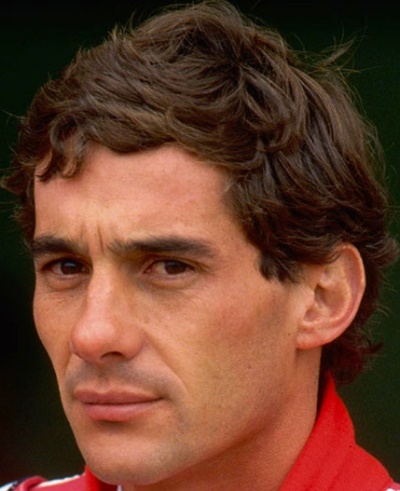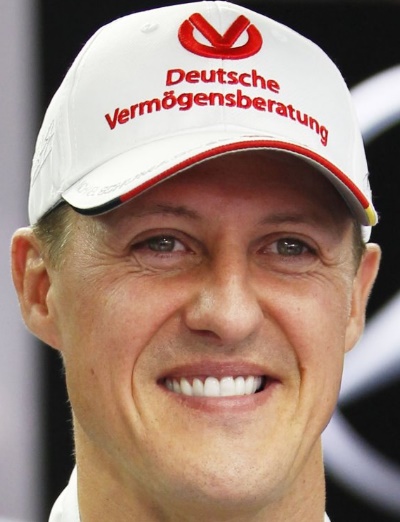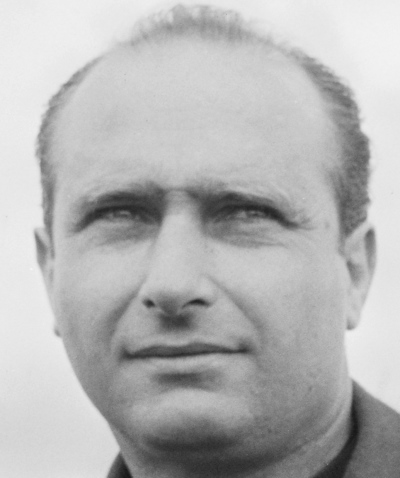Formula 1 News: Who is the Greatest Formula 1 Driver of All Time?
The debate over the greatest Formula 1 driver of all time is one of the most hotly contested topics in motorsport. However, different eras and different cars make it hard to determine who was really the best, but we lay out some compelling arguments.
–by Mark Cipolloni–
With a rich history since 1950, Formula 1 has grown to be the biggest sport in the world with 750 million fans and has seen incredible drivers who have pushed the boundaries of what is possible in a race car.
While there is no definitive answer, several names frequently rise to the top in discussions of the best: Ayrton Senna, Michael Schumacher, Lewis Hamilton, Juan Manuel Fangio, and Max Verstappen. Here, we’ll explore what makes a driver “the best” and examine the cases for some of the sport’s legends.
Defining Greatness in F1
The concept of greatness in Formula 1 is subjective and varies depending on criteria. Here are some of the factors that fans and experts often consider:
- Championship Titles: Winning the World Championship is the ultimate goal for any F1 driver, and multiple titles are a clear mark of sustained excellence.
- Race Wins: The number of victories shows a driver’s ability to perform consistently at the highest level.
- Dominance: Drivers who outperform their rivals in equal or even inferior machinery often earn extra respect.
- Legacy: How a driver influences the sport and inspires future generations can be just as important as their on-track achievements.
- Adaptability: Success across different teams, cars, and eras demonstrates a driver’s versatility and skill.
The Case for Ayrton Senna

Ayrton Senna is often regarded as the purest talent in Formula 1 history. Known for his incredible qualifying performances and ability to extract the maximum from his car, Senna’s three World Championships and 41 wins came during an era of fierce competition. His rain-soaked dominance at the 1984 Monaco Grand Prix in an uncompetitive Toleman and his mastery of wet conditions at the 1993 European Grand Prix are legendary. Senna’s tragic death at the 1994 San Marino Grand Prix only solidified his status as an icon.
The Case for Michael Schumacher

Michael Schumacher redefined professionalism in Formula 1, combining talent with an unparalleled work ethic. His record seven World Championships (five of them consecutive with Ferrari) and 91 career wins stood as benchmarks for nearly two decades. Schumacher’s ability to build a team around him, as seen at Ferrari during the early 2000s, is a testament to his leadership. Critics point to some controversial tactics, but his dominance during his peak remains unmatched.
The Case for Lewis Hamilton

Lewis Hamilton is the modern face of Formula 1 and has elevated the sport to new heights. With seven World Championships and over 100 race wins, Hamilton has rewritten the record books, but he did it with a Mercedes engine that 50 to 100 more hp than all competitors.
His adaptability across changing regulations and his longevity at the top level are remarkable. While driving for dominant teams like Mercedes has helped, Hamilton’s performances in equal machinery against strong teammates, such as Fernando Alonso and Nico Rosberg, highlight his skill. Rosberg beat Hamilton to the championship in 2026 in an equal car. Proving he was at least as good as Hamilton, he promptly. Beyond the track, Hamilton has been a pioneer in pushing for diversity and social change within the sport.
The Case for Juan Manuel Fangio

Juan Manuel Fangio dominated the early years of Formula 1, winning five World Championships in the 1950s, a record that stood for 46 years. Fangio’s ability to win with four different teams—Alfa Romeo, Ferrari, Mercedes, and Maserati—showcases his adaptability. Competing in an era of dangerous cars and circuits, his success rate of 24 wins in 51 races (a staggering 47%) is unlikely to ever be matched.
The Case for Max Verstappen

While many consider Max Verstappen to be among the best Formula 1 drivers ever, definitively claiming him as the “best ever” is a contentious topic due to the difficulty of comparing drivers across different eras, but his recent dominance and consistent performance have led many to put him in the conversation with legends like Michael Schumacher and Lewis Hamilton; some even argue he is currently the best driver in the sport based on his recent form.
Is Verstappen destined to beat them all? It appears that way at this point
Max Verstappen recently turned 27 years old. Let’s see how his record compares to the other greats at that age
Comparing the greats at Age 27
Note: Fangio is not included because he did not start racing until 39 years old
| Born | Driver | F1 Wins | F1 Titles |
| Sep 30, 1997 | Max Verstappen | 63 | 4 |
| Jan 3, 1969 | Michael Schumacher | 21 | 2 |
| Jan 7, 1985 | Lewis Hamilton | 17 | 1 |
| Mar 21, 1960 | Ayrton Senna | 6 | 0 |
| Jun 24, 1911 | Juan Fangio | 0 | 0 |
Note: Fangio did not start racing until he was 39 years old
Other Contenders
- Sebastian Vettel: Four consecutive World Championships with Red Bull and an impressive career total of 53 wins.
- Alain Prost: A cerebral driver known as “The Professor,” Prost won four World Championships and remains one of the sport’s most respected figures.
- Niki Lauda: A three-time champion who overcame a near-fatal crash to return to the sport and win again.
The Verdict
Ultimately, the “greatest” F1 driver depends on personal preferences and the criteria used. For sheer dominance, Schumacher and Hamilton stand tall. For raw talent, Verstappen and Senna are unmatched. Fangio’s achievements in the sport’s infancy remain awe-inspiring, while drivers like Prost and Vettel have left indelible marks on the sport.
Based on pure statistics, Max Verstappen with 63 wins and 4 F1 titles at the young age of 27 is far ahead of all the other greats in terms of Race Wins and World Driving Titles and if he continues driving until he is 35 or 40 years old, there is no telling how many records he may break.
Formula 1’s ever-changing nature ensures this debate will never have a definitive answer, but perhaps that’s what makes it so compelling. Who do you think is the greatest?
